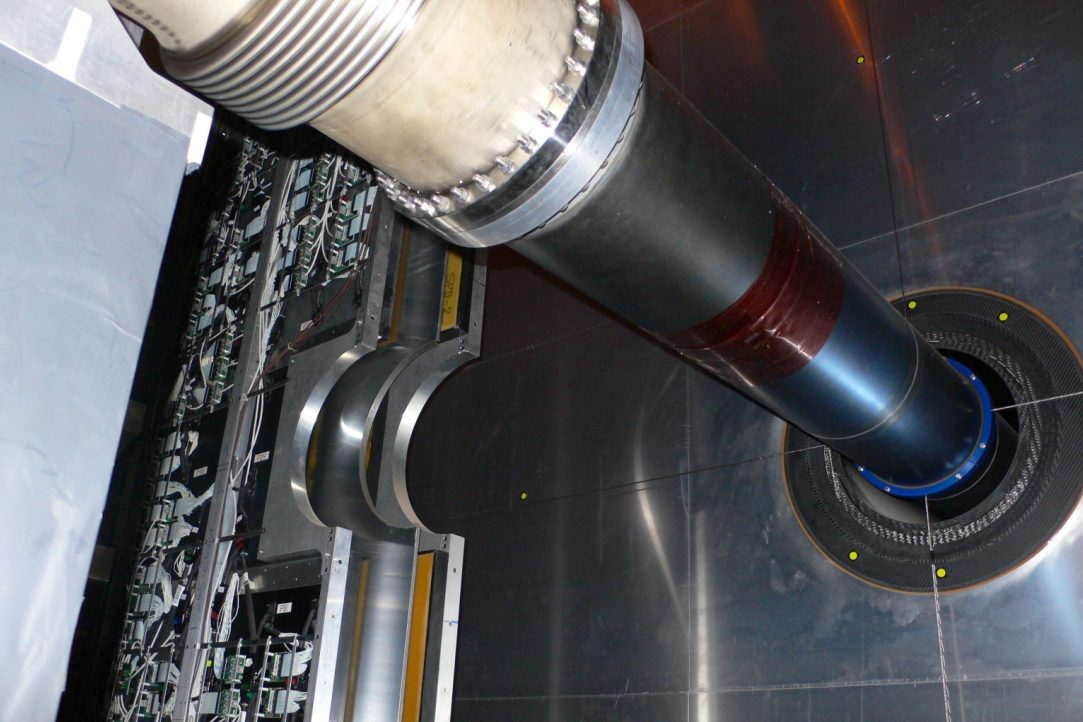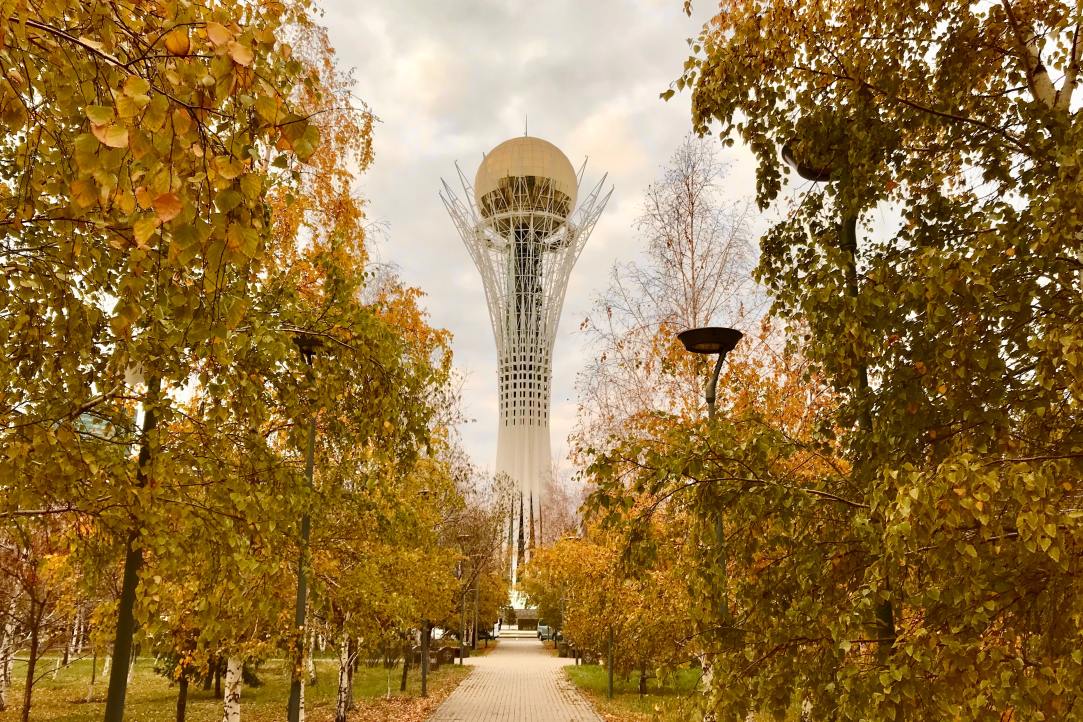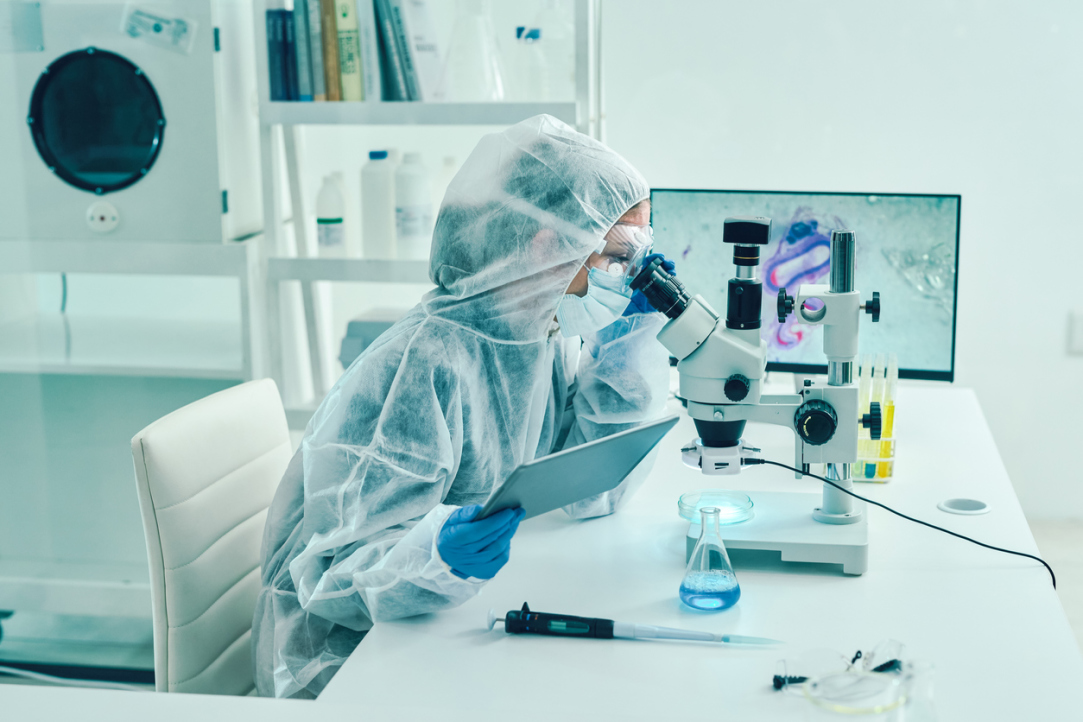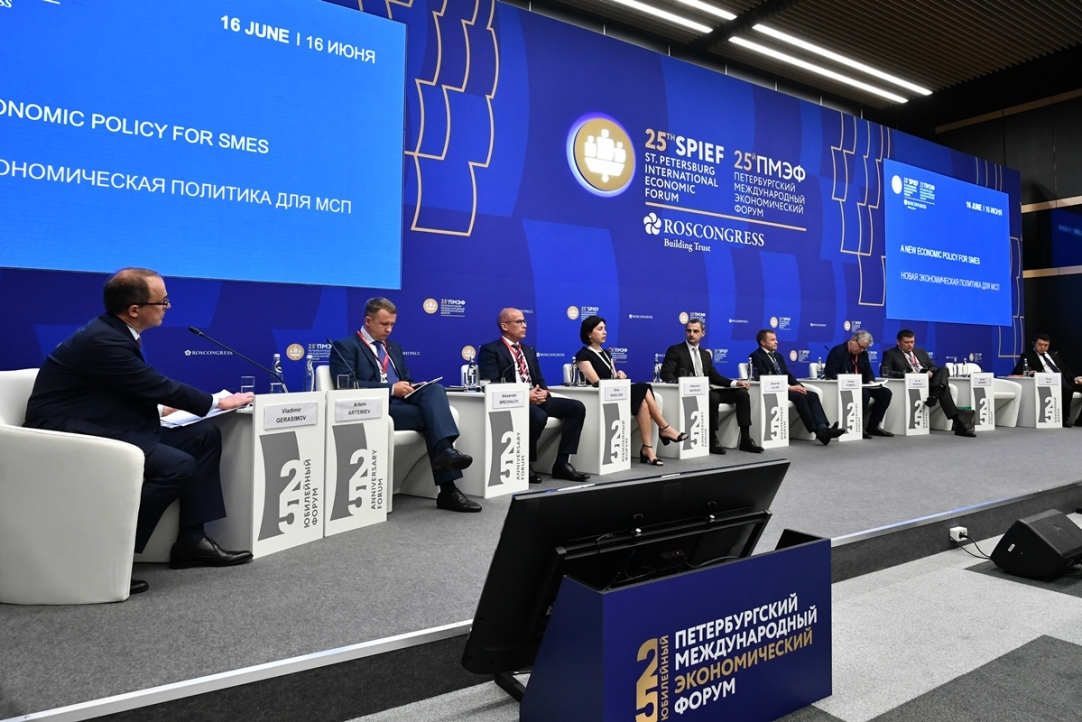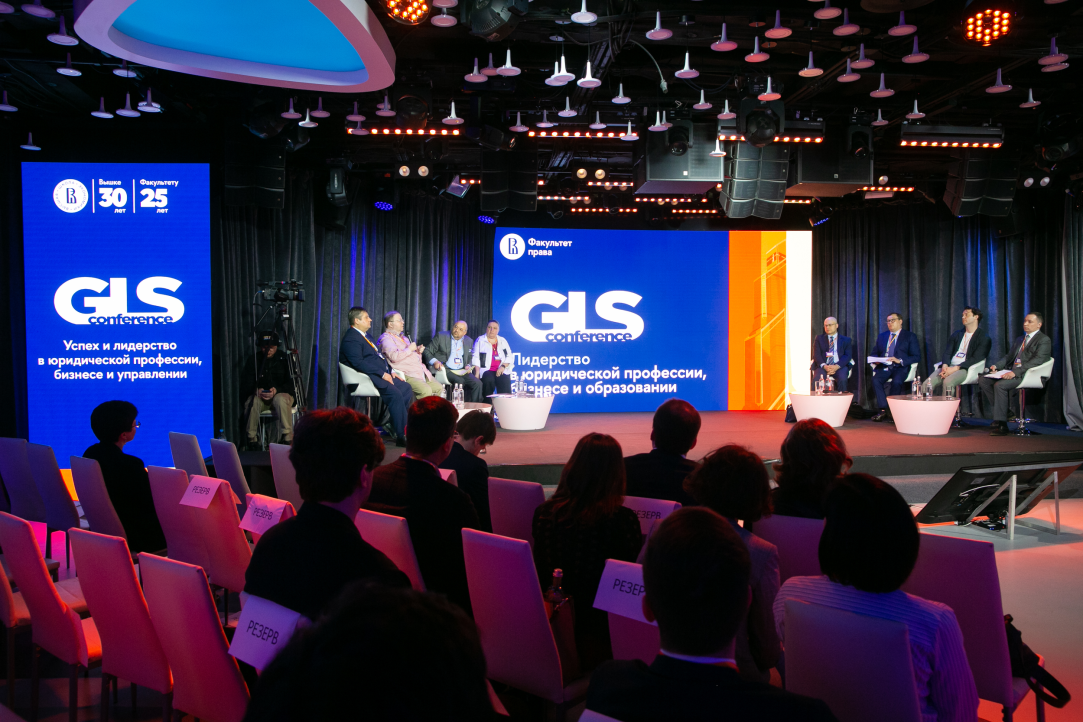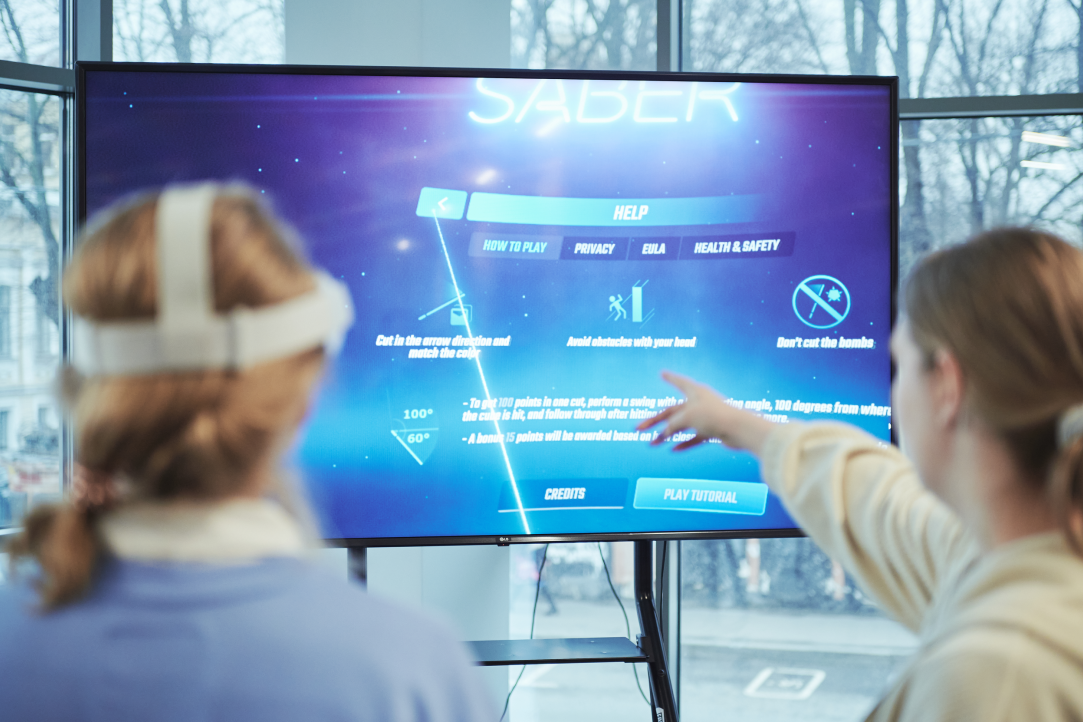The HSE Graduate School of Business Institute of Innovation Management (HSE IIM) studies high-growth companies and offers education and advice to their founders and managers. As part of the project, it presented a report on Kazakhstan’s ‘hidden champions’—companies that grow rapidly, but with a low level of publicity. The HSE News Service talked to the report’s authors, Christian Kahl from Beijing Jiaotong University and Aigerim Raimzhanova from Narxoz University in Almaty, as well as Alexander Stepanov, head of the project at HSE IIM.
